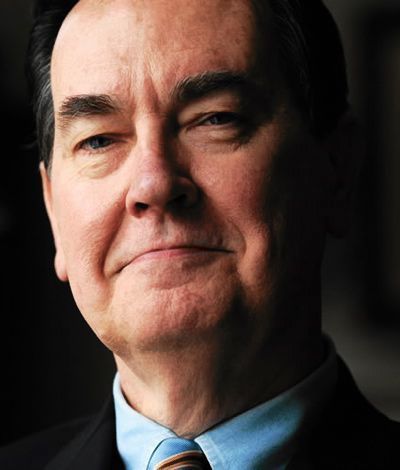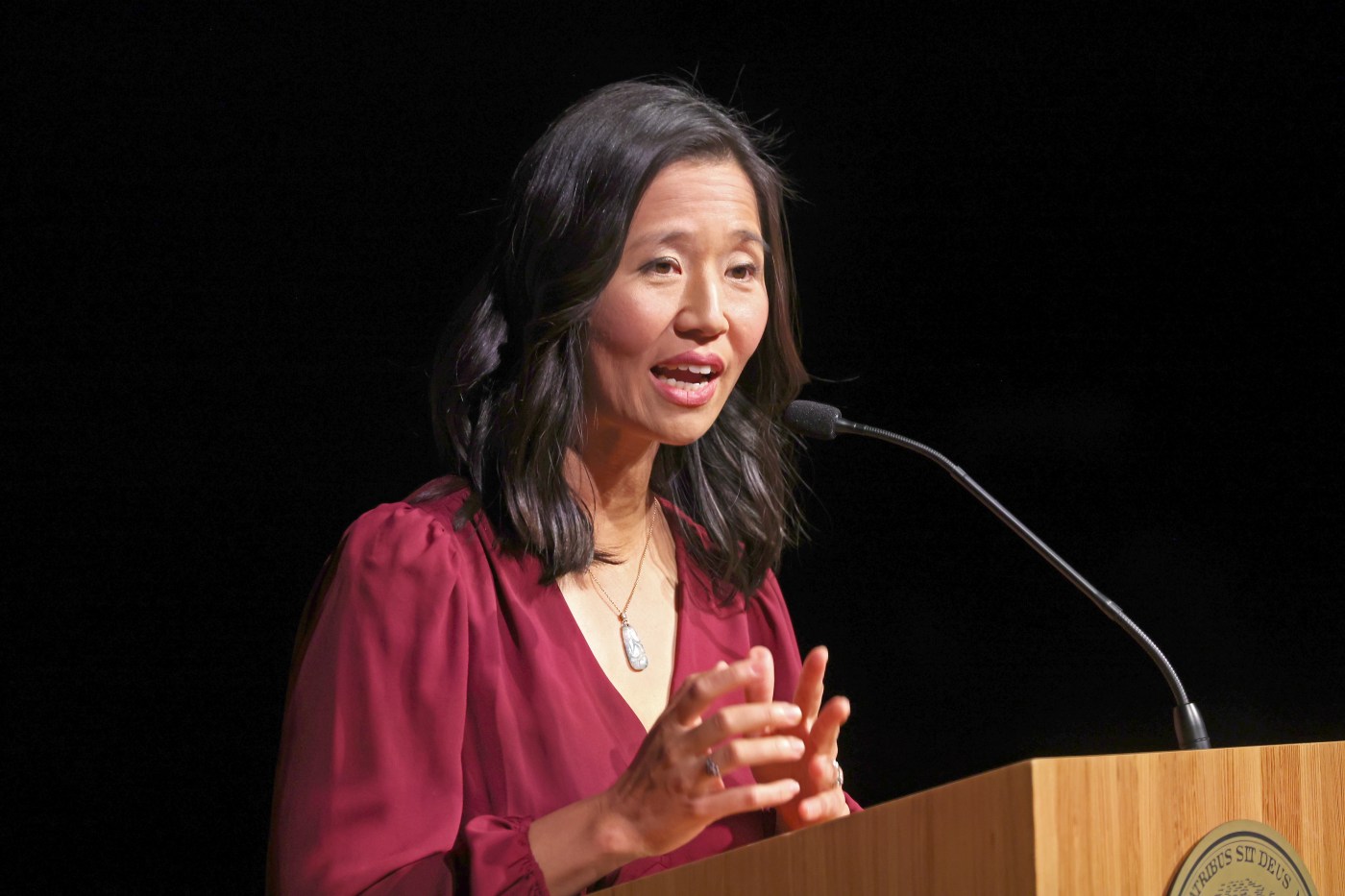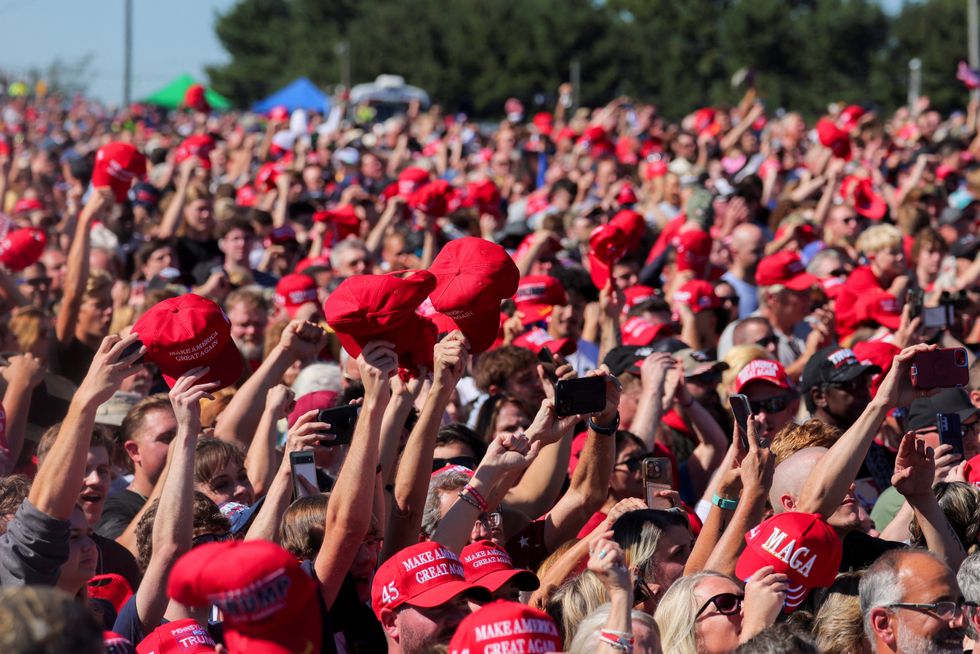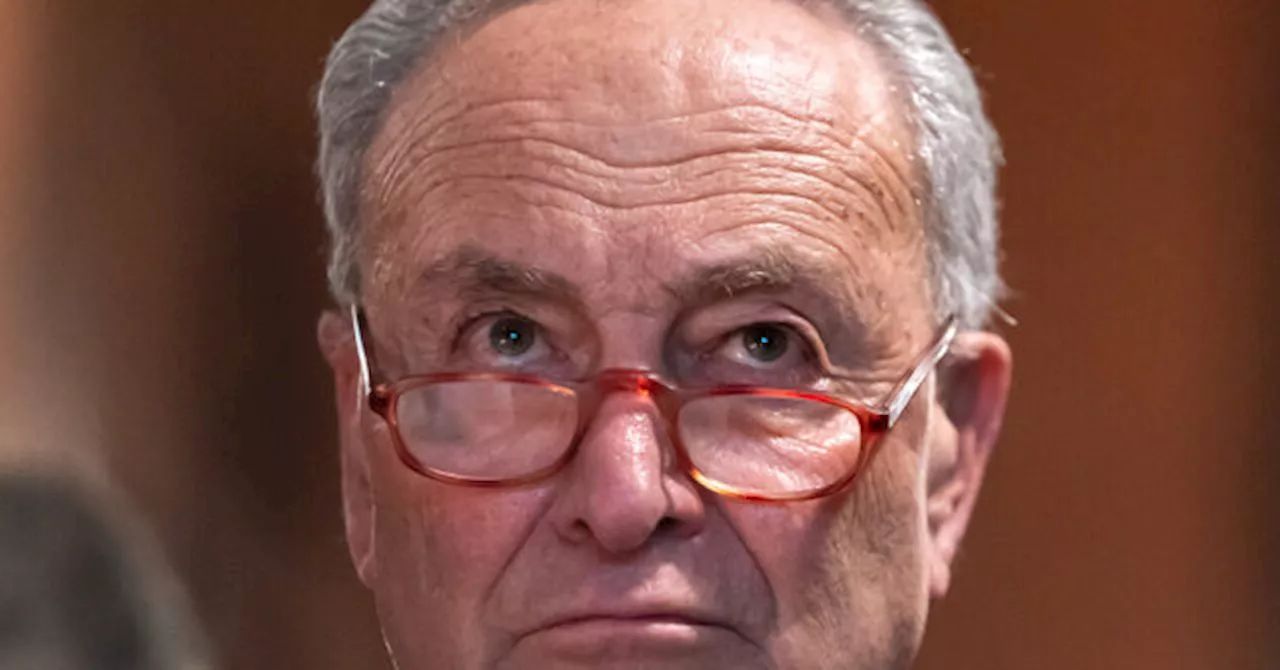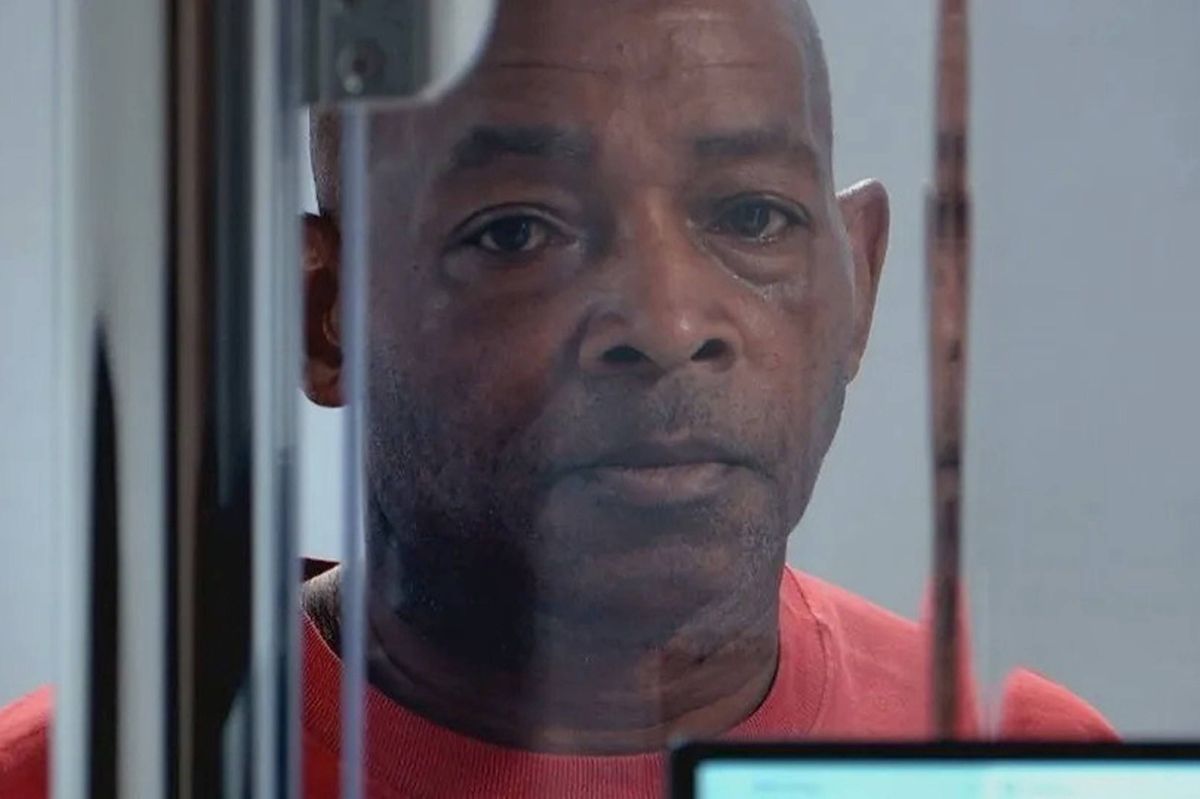Former First Lady Michelle Obama has expressed her belief that the United States is not yet ready to elect a female president. In a series of interviews promoting her new book, Obama highlighted the electoral defeats of both Kamala Harris and Hillary Clinton as indicative of ongoing sexism in American politics.
Obama’s comments echo historical sentiments that surfaced during past elections, where doubts were raised about America’s readiness to embrace leaders from diverse backgrounds. For instance, similar arguments were made regarding the election of John F. Kennedy, the first Catholic president, and later concerning Barack Obama, who became the first Black president in 2008, gaining support from 43 percent of white voters, and 39 percent in 2012.
Despite her criticisms, some observers argue that focus on identity politics overshadows the importance of policies and ideas. The notion that gender or race should dictate a candidate’s viability raises questions about the electorate’s priorities.
Obama’s own background is notable. She grew up in a two-parent household and, after excelling in public schools, earned a degree in sociology and African-American studies from Princeton University and a law degree from Harvard Law School. Following her education, she became a lawyer in Chicago, where she met Barack Obama before transitioning into public service roles.
Reflecting on her husband’s election, she stated, “For the first time in my adult lifetime, I am really proud of my country.” This statement has drawn attention as it suggests a complex relationship with American identity, prompting discussions on whether her criticisms stem from personal experiences rather than broader societal issues.
While women now occupy more political offices in the United States than ever before, the discourse surrounding their capabilities often slips into the realm of identity politics. For instance, Katie Wilson, the newly elected mayor of Seattle, stated her intent to appoint a diverse cabinet that reflects various community backgrounds. Critics note that this emphasis on identity often overlooks candidates’ qualifications and policies.
Comparisons to global leaders further illustrate the complexities of gender in politics. Japan recently elected its first female prime minister, who is viewed as both popular and effective. However, historical examples show that gender does not inherently correlate with leadership success; for instance, former Bangladeshi Prime Minister Sheikh Hasina faced severe legal repercussions during her tenure, underscoring that competency transcends gender.
The recent gubernatorial election in Virginia highlighted the nuances of voter preferences along identity lines. In races where a Black or female Republican runs against a white female Democrat, voting patterns reveal that liberal demographics may still favor the latter, regardless of identity.
A letter to the editor in the New York Post expressed skepticism regarding Harris’s electability, citing her lack of success in presidential primaries and suggesting that her selection as vice president was based more on identity than qualifications.
As discussions around female presidential candidates continue, it is clear that policies and leadership capabilities remain at the forefront of voters’ concerns. A female candidate with the policy positions of a conservative leader could garner significant support from Republican voters, illustrating that ideology often influences electoral decisions more than identity alone.
Michelle Obama’s remarks have reignited the conversation about gender and politics in America. As the nation reflects on its readiness for a female president, it is crucial to consider not just identity, but the substance of political ideas and leadership capabilities that resonate with voters.

